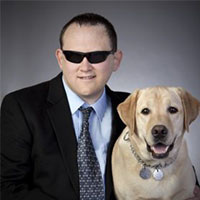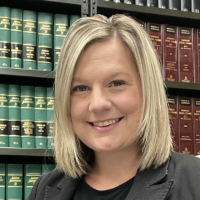South Bend Felony Lawyer, Indiana
Not enough matches for South Bend Felony lawyer.
Below are all South Bend Criminal lawyers.
James Henry Lockwood
✓ VERIFIEDAccident & Injury, Criminal, Divorce & Family Law, Employment, Estate
As a person who has experienced a disability as well as the trials and tribulations that go along with it, I know how crucial fair treatment before th... (more)
Kayla Anne Christofeno
✓ VERIFIEDCriminal, Estate
Kayla Christofeno is a skilled criminal defense attorney with experience defending many different types of crimes. She is a lifelong resident of Elkh... (more)
Arvil Ray Howe
Criminal, Juvenile Law, Federal, Motor Vehicle
Status: In Good Standing Licensed: 44 Years
Mark Francis James
Divorce & Family Law, Power of Attorney, Juvenile Law, Divorce & Family Law
Status: In Good Standing Licensed: 39 Years
Alex Christopher Bowman
Juvenile Law, Lawsuit & Dispute, Employment, Child Custody
Status: In Good Standing Licensed: 8 Years
Sean Ian Schill
Landlord-Tenant, Misdemeanor, Civil Rights, Civil & Human Rights
Status: In Good Standing
Philip Earl Hesch
Bankruptcy, Criminal, Child Custody, Divorce
Status: In Good Standing Licensed: 32 Years
Kelly Jean Hartzler
Litigation, Lawsuit & Dispute, Environmental Law, Felony
Status: In Good Standing Licensed: 20 Years



